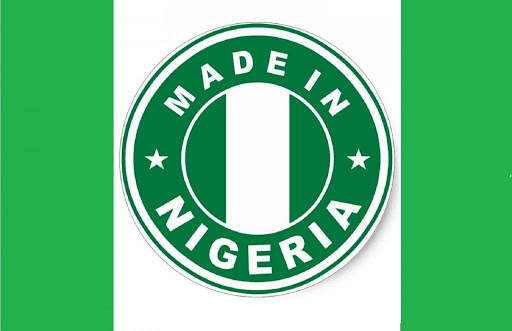By Oghale Mafuru
Experts in the field of marketing, advertising and communication have called for synergy between the government and experts in the Integrated Marketing Communication industry to change the negative perception of Made-in-Nigeria products as it is critical to the growth and development of local industries.
The experts, who affirmed that experienced marketing experts have the ability and creativity to easily connect with customers at an emotional level, build trust and develop relationship with relatable, relevant, believable, memorable, emotional, engaging and authentic brand stories, noted that government needs to come up with policies to support local manufacturers.
Moses Mogbolu, an experienced marketing communication expert, said: “Marketing is a game of mind and in marketing, perception is a reality.” He added: “Reasons for the negative perception of locally made products in Nigeria include poor marketing, poor packaging/finishing, inability of business owners to leverage technology for operational efficiency, no business process improvement model, focusing more on profit maximization instead of customer experience, lack of trust, previous negative experience, poor government attitude, unfavourable government policies, and poor infrastructure.”
According to him, Nigerian products can compete in the international market if government will provide the necessary support to manufacturers.
“Nigeria products can compete favourably in the international market with the use of appropriate marketing strategy, improved product quality, availability of basic infrastructure like power to reduce cost of production, tax incentive for Nigerian manufacturers, incentive for export and effective application of digital marketing in the promotion of made in Nigeria products.”
Mr. Mogbolu explained: “It is very important for manufacturers to move from the normal market segmentation to nano segmentation in order to properly understand the behaviour of customers in different countries and cultures. They should deploy the use of market reality checks and artificial intelligence tools for the provision of better offering to the market and monitoring of customers’ journey”.
He opined that with government support, businesses can change the negative perception about made in Nigeria products by engaging Marketing Communications professionals who will help revamp their whole marketing roadmap and tell compelling brand stories about their brands.
For Homtop Dokpesi, an entrepreneur and social media enthusiast, the notion that ‘if it’s not foreign, it’s inferior’ has ravaged not only the elite class but also the minds of the ordinary Nigerian. According to her, one is considered influential when such a person wears clothes and uses stuffs produced outside the shores of the country.
She blamed the low patronage and negative perception of Made-in-Nigeria products on lack of government support and infrastructural deficit in the area of electricity, transportation and availability of raw materials at cost effective rate.
Dokpesi expressed optimism that Nigeria products can thrive in the international market. “The interesting fact is people already shop Nigerian made products packaged in foreign names abroad and they buy not knowing it is made in Nigeria.
“Nigerian products can definitely compete favourably if the manufacturers can be assisted with loans to procure top-notch equipment just as the ‘Ariaria’ market in Aba, Abia State is producing massively and even exporting most of their products.”
She called for more government support in making loan easily accessible to manufacturers to drive increased and effective production to meet the global standard requirements.







Comment
No comments found.